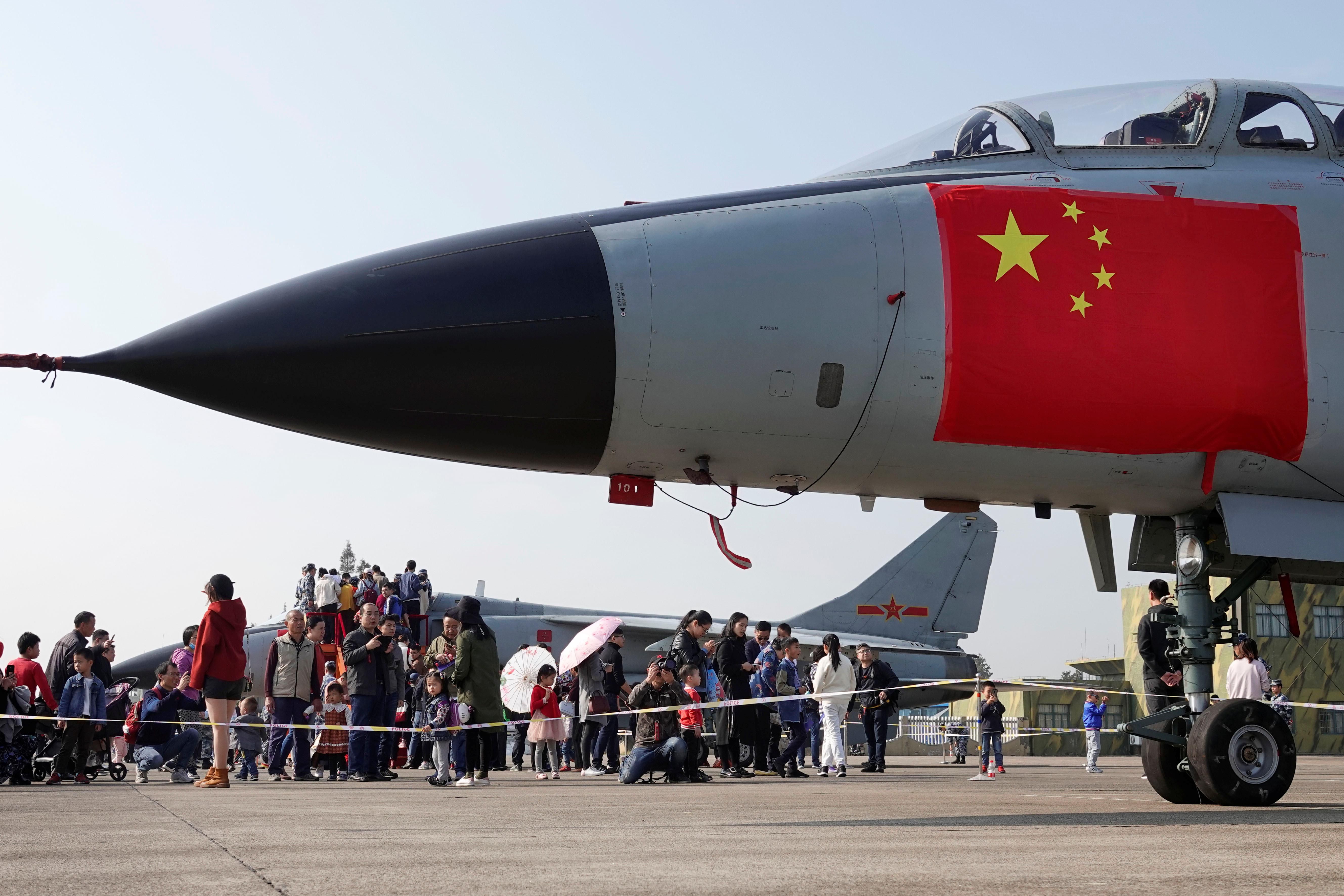What We’re Watching: China targets Taiwan, Palestinian election heats up, Russia-Ukraine border tensions
Chinese jets swarm Taiwan: This week, multiple Chinese warplanes penetrated Taiwan's airspace. While Beijing does this quite often to flex its muscles, this time the jets took a different route, and one even got close to the Japanese island of Yonaguni, located less than 70 miles (113 kilometers) north of Taiwan. The maneuvers have been interpreted by experts as a direct warning from the Chinese to Japan not to overplay its hand. (It's worth noting that Tokyo could get dragged into a US conflict with China over Taiwan because, like Taiwan, it has a mutual defense treaty with the US.) More broadly, the flight patterns also indicate that China could surround Taiwan on three sides in an eventual invasion, cutting off the territory from US and Japanese military support. All this comes as the Biden administration has expressed serious concern (paywall) that Beijing is indeed planning to invade Taiwan in the very near term. With US-China relations getting hot, more rumblings over an invasion of Taiwan will surely turn the temperature even higher.
Palestinians' election shake-up: Next month, the Palestinian Authority will hold its first elections since 2006 — and things have started to get very interesting. Palestinian militant Marwan Barghouti, a longtime PA member who is serving multiple life sentences for murdering Israelis, plans to challenge longtime leader Mahmoud Abbas for the presidency. Abbas — who at 85 has led the Fatah-controlled Palestinian Authority for 16 years and postponed elections in the past for fear of losing — is now facing formidable opposition from two former Fatah veterans: Barghouti, who is extremely popular with Palestinian voters, and Mahmoud Dahlan, a former PA security chief who was exiled after a fierce dispute with the current leadership (Dahlan has been banned from running, but says he will persevere). While Barghouti is doing well in the polls, analysts say that his split with Abbas could help the rival Hamas militant group, which rules the Gaza Strip with an iron fist. Legislative elections are currently scheduled for May 22 and presidential polls for July 31. When elections were last held, a PA-Hamas dispute turned bloody, resulting in an enduring split in Palestinian leadership. What will happen this time?
Russian troops on Ukraine's doorstep: As fighting surged between Russian-backed separatists and government forces in eastern Ukraine this week, Moscow deployed several thousand of its own troops to the Ukrainian border, raising fears that the low-level conflict could get much uglier. The uptick in violence leaves a ceasefire from last summer in tatters. It's now been seven years since Ukrainian protesters ousted a pro-Moscow president, leading Russia to annex Crimea and foment a civil war that brought pro-Moscow separatists to power in two Ukrainian provinces along the Russian border. Peace talks between the two sides have repeatedly broken down over the question of who should do what first: Ukraine wants control over its border, while Russia wants Kyiv to devolve significant power to the separatists and legitimize them with elections. The Russians say their recent troop movements are nothing to worry about and no one else's business, but the Pentagon now considers the uptick in violence an "imminent crisis."